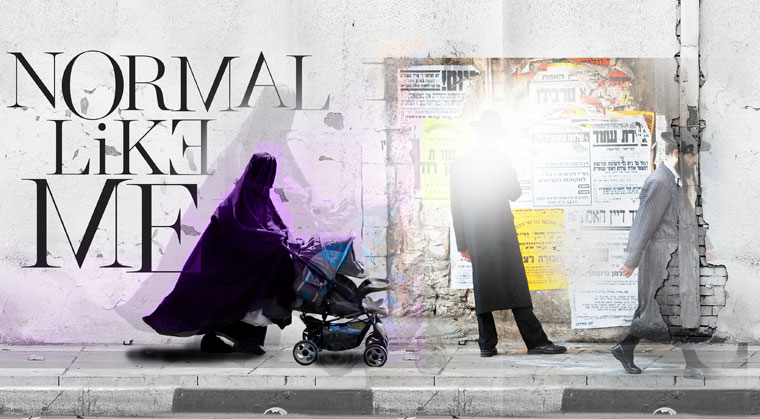Normal Like Me: Chapter 39


T
hree elderly people in Yango Bay definitely had cataracts. They allowed Joe to take pictures of their dimmed eyes and were excited to hear of a white doctor who knew how to remove crocodile scales from human eyes.
“Your sight can be restored,” Joe promised them.
He had to line up at least 30 patients in order to bring a medical team here. At daybreak he set out to scour the neighboring villages. The morning was clear and bright as he walked across a small clearing in the jungle, ruminating about the job offers he’d received. There was that oil company, a huge international firm, with a good salary. On the other hand, the Agricultural Bureau in Wewak, housed in a shabby office there, had also expressed an interest in hiring him.
What did he really want — to help a foreign company drill for oil with a minimum of damage to the environment, or to help his own people grow more produce with less effort?
A small, dark head bobbed up in the thick growth ahead of him.
“Elson!”
“Joe.”
“What are you doing here?”
“Going to school,” said his seven-year-old nephew, lifting his head with a rebellious gesture that surprised Joe.
“The ferry’s gone already,” Joe pointed out.
“I know. Papa stayed home and watched us until he was sure the ferry was far out in the river. Then he went to sit with his friends in the House of Spirits.”
“Where’s your sister Lucy?”
“Playing girls’ games.”
“And how are you planning to get to school?”
“On my feet.”
“That will take a lot of walking.”
“I don’t mind.”
“Elson.” Joe looked into the dark, innocent eyes facing him. “In Hebrew they call this chutzpah.”
“Uzpa? What’s that?”
“When a child’s father tells him not to go somewhere, and he goes there anyway, that’s chutzpah.”
The little boy’s shoulders stiffened. “But Tommy and all the other boys are learning English and math, and they have computers. And I’m left in the village with the babies!”
They continued walking along a tributary of the Sepik River until they came to the spot where Joe had tethered his motor canoe. Joe was seized with a fierce desire to take Elson to school in the boat. He was going in that direction anyway, to charge his phone and refuel the canoe.
But he couldn’t condone that chutzpah in Elson’s eyes, the chutzpah of coming here against his father’s wishes.
“Take me to school,” Elson pleaded.
“No.” Joe was resolute. “Your father said no.”
“My father wants me to be like him — not knowing anything!”
Joe had never seen the boy so defiant. Papuan children had always respected their parents. Apparently the winds of change were blowing up a storm on the quiet island.
(Excerpted from Mishpacha, Issue 705)
Oops! We could not locate your form.



